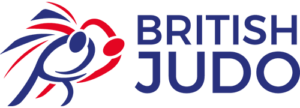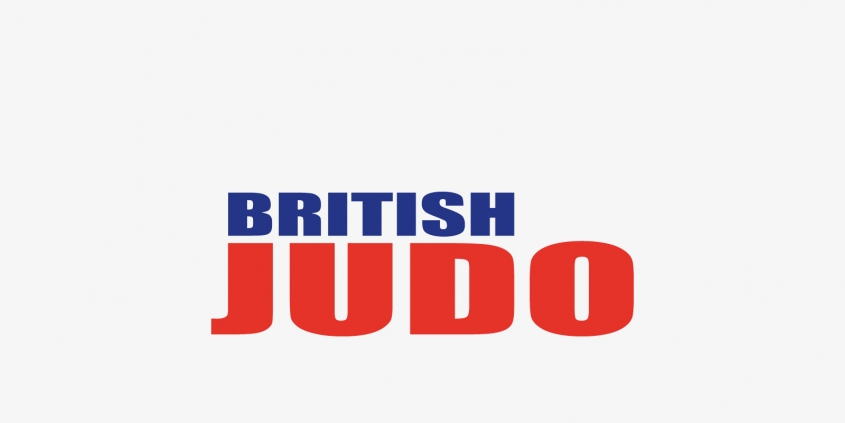From the Mat to the Lab – one athletes view of work-life balance
Ever wondered how athletes manage their time? Here one judo Commonwealth Games contender explains how he balances working full-time and studying with a career as an athlete, writes Donna Richardson.
Team Bath judo player Jan Gosiewski and he can’t wait to take to the mats to represent England at the Glasgow 2014 Commonwealth Games. Born in England, but brought up in Poland, Jan is studying towards a PhD in Orthopaedic Biomechanics and he is a member of the Great Britain Squad.
His aim is to reach full potential as an elite Judo player and to compete and win medals in the World Championships and 2016 Olympics. As a member of Team Bath Jan Gosiewski secured the biggest result of his career when he won silver at the Tallinn European Open, his previous best was won bronze at the Warsaw European Open. In 2013 Jan defended his title as British Champion and went to his first senior European and World Championships.
“There are no secrets to success. It is the result of preparation, hard work, and learning from failure,” he said.
The current -73kg British Champion has been out of action for four months after sustaining a painful tear to the Posterior Cruciate Ligament of his right knee, at the competition and he has been rehabbing it since. He is glad to have qualified for the Commonwealth Games despite not competing for so long. On the plus side, this has meant that he has had more time to focus on his work at as a full time PhD student and now he is feeling confident in the build-up to Glasgow.
He said: “Leading a double life as an full-time elite judo athlete and studying as a PhD student requires good time management, a lot of determination and hard work.
“I am in charge of my research work, this allows me a lot of flexibility to fit it around my training demands.
“On a regular basis I am at the university from 9am till 10pm and shuttle between training and work.
“This wouldn’t be possible without the excellent facilities at the University of Bath campus and the close proximity (few hundred yards) between the Sports Training Village and the Centre for Orthopaedic Biomechanics.

“I’m not going to lie this is a very demanding task, but I find that planning and good communication with my coach and supervisors makes it manageable.
“For example, I am now preparing for the Commonwealth Games and after speaking to my supervisors my PhD work will focus on reading and writing up some reports and I can take with me.
“It is possible to have a career in both, which I have proven through my competition results and already presenting some of my research at conferences.
“It’s important to be doing it for the right reasons, to enjoy the journey, not just the end result and to make time for a social life.
“The school of thought that training judo full-time means only doing judo is very backwards and is damaging for the athlete.
It is important to keep your education going, as it not only gives you a more rounded personality, but more importantly it provides you with a secure future after you have finished competing.
“Actually there is a strong overlap of skills between the two, both require hard work and discipline. After all healthy body, healthy mind.”
When he is not on the mat or studying he will likely be strumming a guitar and writing songs. He also is passionate about languages.
His other hobbies are travelling and reading up on current affairs. Advice for anyone wanting to combine judo with studies he ends with: “Aside from any specific advice on techniques or tactics, I tell people to stick at their education and make sure they enjoy training and competing. It will not only make you a stronger judo player but also give you choices for after you’ve retired from sport.”
Video by Team Bath




